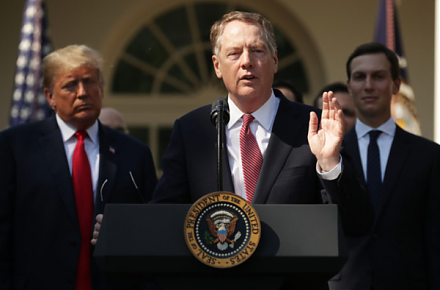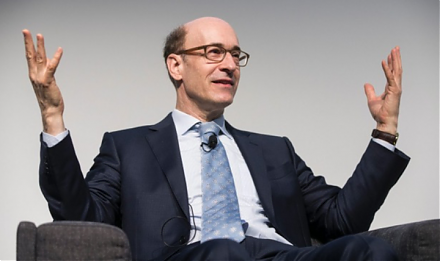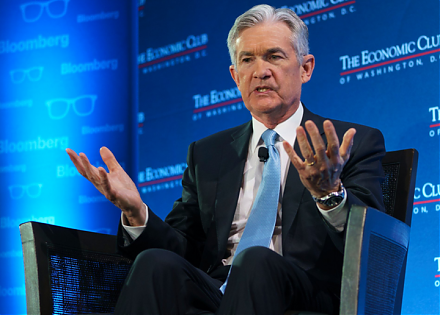

2019-04-09 11:29:00 Tue ET
federal reserve monetary policy treasury dollar employment inflation interest rate exchange rate macrofinance recession systemic risk economic growth central bank fomc greenback forward guidance euro capital global financial cycle credit cycle yield curve
The U.S. Treasury yield curve inverts for the first time since the Global Financial Crisis. The key term spread between the 10-year and 3-month U.S. Treasury yields dives below nil (i.e. the latter now exceeds the former by a positive increment). In response, Dow Jones tumbles 400 points as this brief yield curve inversion sparks recessionary concerns.
Treasury yield curve inversions have indeed preceded all of the 7 U.S. recessions since the 1970s. From a fundamental perspective, these key yield curve inversions reflect the pervasive fear that firms become reluctant to raise debt to fund positive net-present-value capital investment projects when households tend to fixate on near-term consumption with minimal leverage for longer-run investments in stocks, bonds, and real estate properties.
A flat or negative yield curve suggests that investors prefer to keep their money in short-term bonds as longer-term bonds exhibit greater reinvestment risk.
Whether the current yield curve inversion portends an economic recession in the next few years depends on the eventual resolution of economic policy uncertainty around Sino-American trade compromises, fiscal budget negotiations, and Federal Reserve interest rate adjustments from 2019 to 2020. This inversion may signal a stark sign of major economic events from a typically emphatic bellwether.
If any of our AYA Analytica financial health memos (FHM), blog posts, ebooks, newsletters, and notifications etc, or any other form of online content curation, involves potential copyright concerns, please feel free to contact us at service@ayafintech.network so that we can remove relevant content in response to any such request within a reasonable time frame.
2018-05-02 06:32:00 Wednesday ET

What are the primary pros and cons of free trade or fair trade in the current Sino-American quagmire? Free trade means allowing goods and services to move a
2018-04-23 07:43:00 Monday ET

Harvard professor and former IMF chief economist Kenneth Rogoff advocates that artificial intelligence helps augment human productivity growth in the next d
2019-02-04 07:42:00 Monday ET

Federal Reserve remains patient on future interest rate adjustments due to global headwinds and impasses over American trade and fiscal budget negotiations.
2018-08-27 09:35:00 Monday ET

President Trump and his Republican senators and supporters praise the recent economic revival of most American counties. The Economist highlights a trifecta
2019-12-13 09:32:00 Friday ET

Saudi Aramco aims to initiate its fresh IPO in December 2019. Several investment banks indicate to the Saudi government that most investors may value the mi
2018-05-06 07:30:00 Sunday ET

President Trump withdraws America from the Iran nuclear agreement and revives economic sanctions on Iran for better negotiations as western allies Britain,